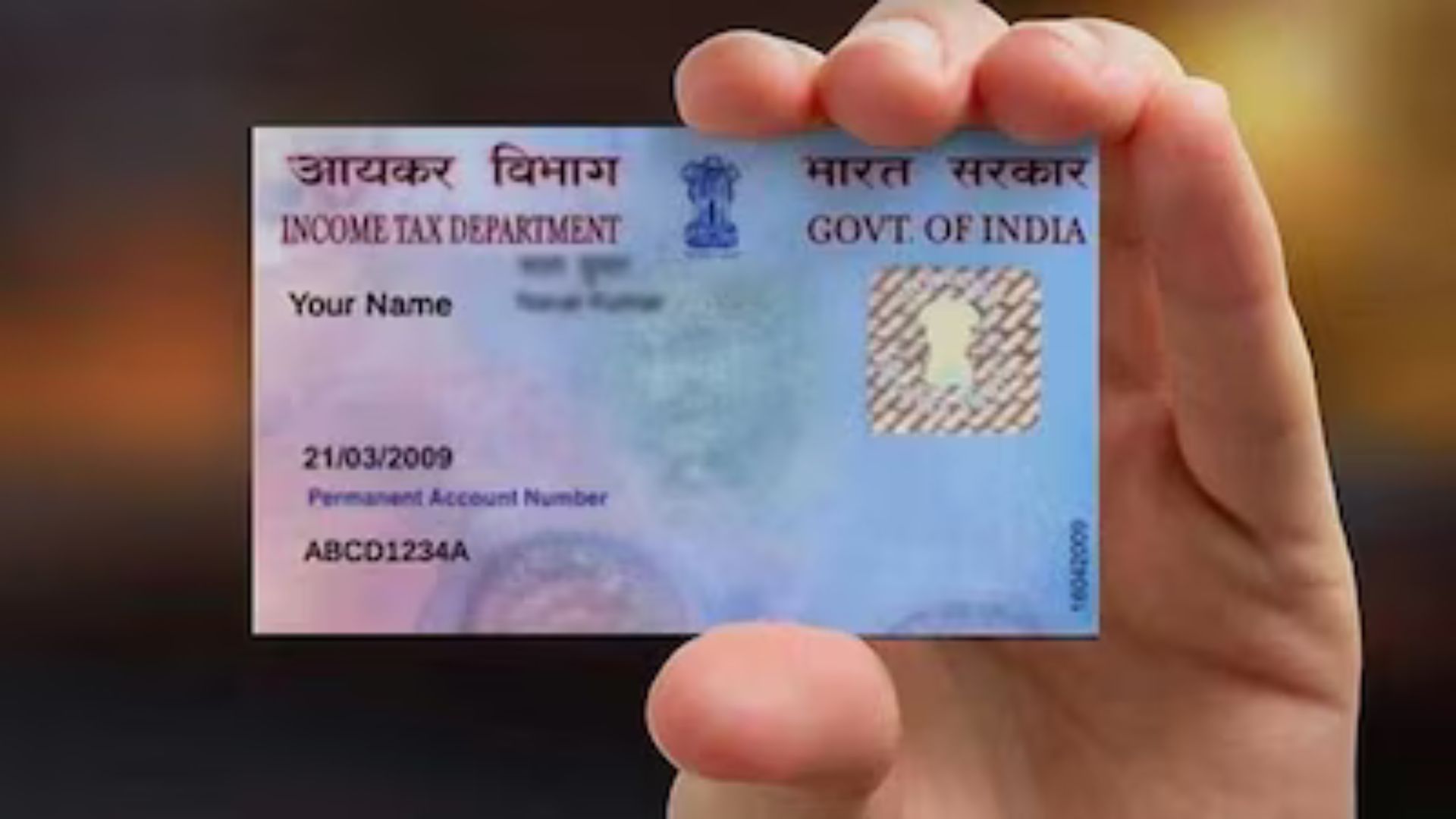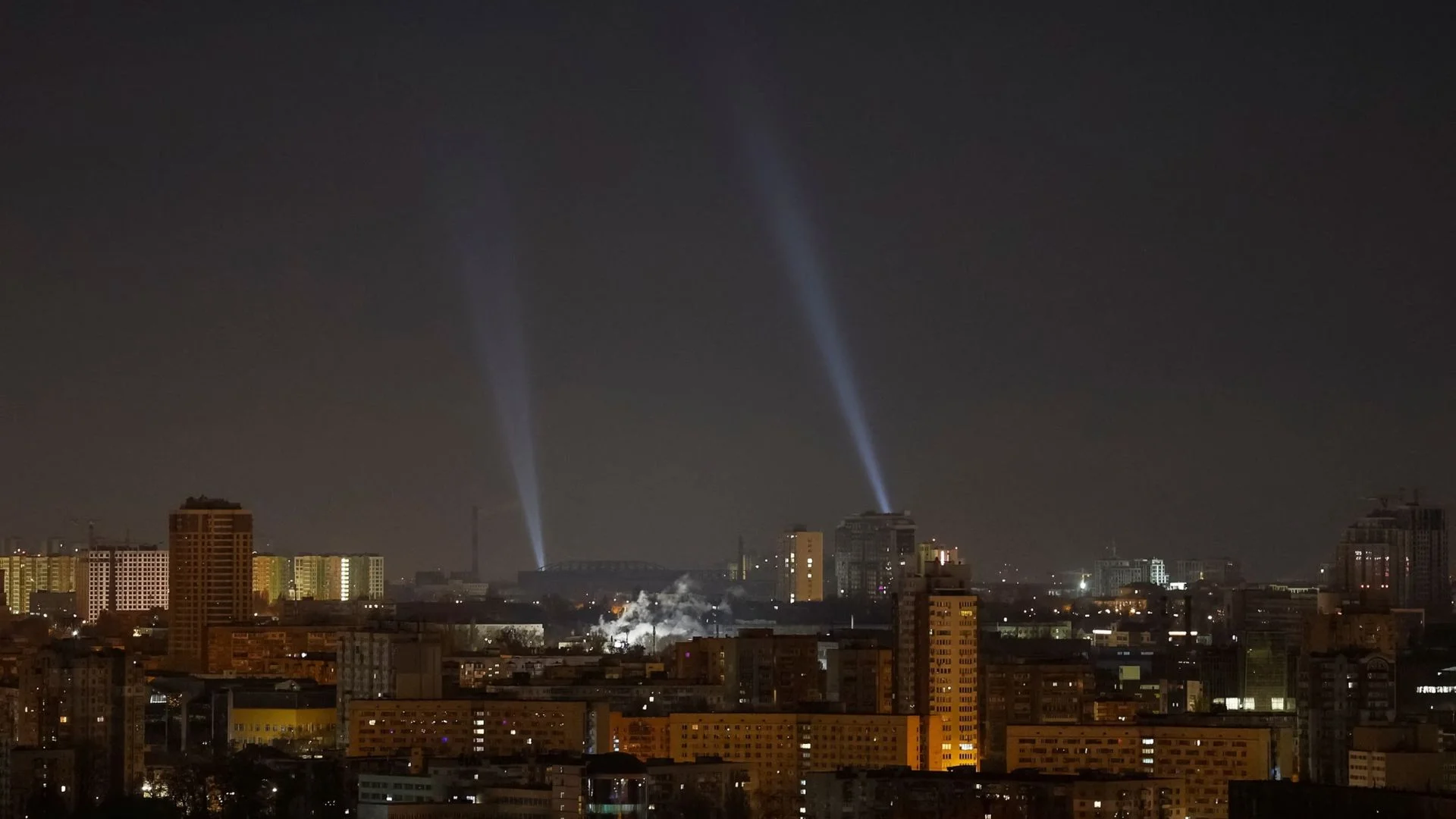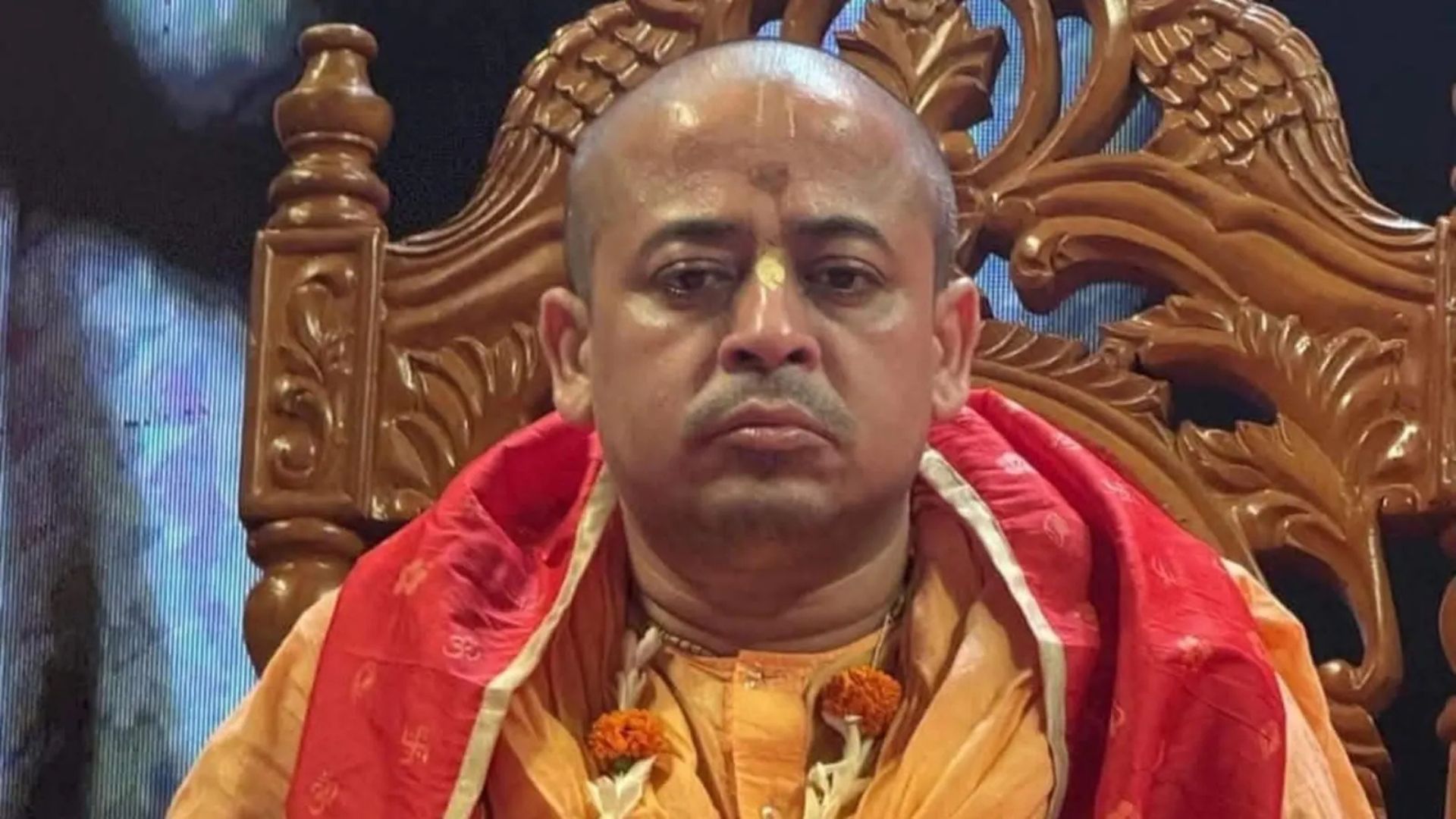
The Madhya Pradesh High Court in the case Smt Vimla & Others v. State of MP observed and has quashed the case of abetment of suicide which is being filed against the warden of Barwani-based Eklavya Adarsh and one of its workers. Therefore, the 14-year-old girl, a Class 8th student, was found hanging in the girls’ hostel in July 2022.
The bench headed by Justice Anil Verma in the case observed that the only allegation against the petitioners is that they have not provided a suitable room to the …. in the hostel and they did not even call her for lunch and dinner. Therefore, the petitioner no. 1 i.e., the warden was never available at the hostel and the Petitioner no. 1 used to make every girl in the hostel clean the premises, prior to the incident no complaint was made by the deceased against the petitioners before their higher authority or before any police station.
Adding to it, the court stated the it is being appeared to the court that there is no instigation, provocation, suggestion or force for committing suicide, except the statements of relatives of the deceased and there is nothing on record to show that the deceased was being harassed by the petitioners.
In the present case, the court was hearing the plea moved seeking quashing of the FIR registered for offences as stated under section 305, section 306 and section 34 of the Indian Penal Code, 1860 against the hostel warden and worker for abetting the suicide.
Further, it was also alleged before the court that whenever the deceased told anything to the warden, she used to shout at her. The warden would make the deceased and the other girls in the hostel to clean the premises like peons. Thus, it was also stated that the deceased in the case had also informed her mother that Dinesh, a peon at the hostel, used to make her sift grains and do his personal work and the family of the deceased alleged that due to the ill treatment meted out to the deceased by the present petitioners, she committed suicide.
The court in the case observed and has referred to the case Rajesh Vs. The State of Madhya Pradesh, wherein the court held that the framing of charges under section 306 of the Indian Penal Code, 1860 and there has to be the mens rea to impel or incite the subject to commit suicide. It is also required an active or direct act, which may lead the deceased to commit suicide and this act must push the deceased into such a position that he sees no option except to annihilate his own life.
Adding to it, the court stated that only the omnibus allegation has been levelled against the petitioners in the plea, It is also pertinent in order to note that the allegation levelled against the petitioners does not amount to abatement to commit suicide. Therefore, the court also relied on the case of Rajesh (supra), wherein the said court is of the considered opinion that there is no mens rea to impel or incite the deceased to commit suicide.
Accordingly, the court quashed the case while stating that the prosecution of the present petitioners tent amounts to abuse of process of law. Hence, it is a fit case where the power under Section 482 of the Code of Criminal Procedure can be
exercised.















